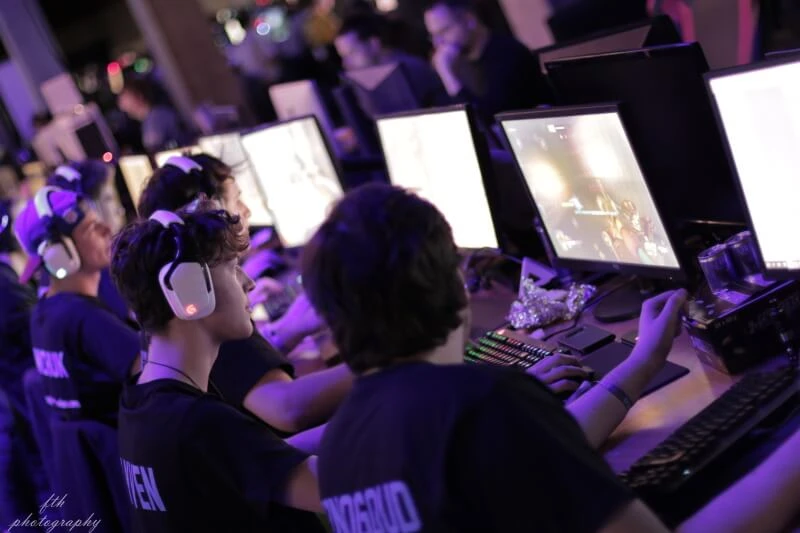ESIC bans 35 esports players for betting offences

The sanctions were issued for behaviours including betting on matches in ESIC member events, betting on an individual’s own matches and betting against an individual’s own team.
ESIC said it has referred the matter in its entirety to law enforcement for investigation. In addition, a number of non-player associates who appear to have been participating in adverse betting behaviours have been detected and referred to law enforcement.
The sanctions are divided into 5 different levels, depending on the offence which took place. Of the 35 offences, 23 were classed as level 1 offences, relating to betting on esports matches but not on the individual’s own matches. These sanctions last for a period of 12 months.
ESIC handed out two level 2 sanctions. These sanctions are for individuals who bet on their own matches and last for a period of 24 months.
Level 3 refers to ‘aggravated betting’, taking place on more than 10 matches, and last for 36 months. One level 3 sanction was handed out at this time.
Level 4 sanctions last for 48 months and are given for betting against an individual’s own team, which ESIC says gives a strong suspicion of match-fixing. Six level 4 sanctions were handed out.
A further three players were issued with level 5 sanctions, lasting for 60 months. Level 5 sanctions are reserved for ‘aggravated betting’ against an individual’s own team, meaning the players bet against their teams on more than 10 occasions.
The 35 sanctions were handed out in addition to seven individuals who were sanctioned on 23 October, also for betting offences relating to esports.
Sanctions against two of the players who were found guilty of betting offences in October, however, have been increased in length due to newly available evidence. Akram Smida’s sanction was increased from 12 to 24 months, while Daryl May’s was increased from 12 to 48 months.
The sanctions preclude players from taking part in any ESIC-member tournaments, including ESL DreamHack, and several other of esports’ top tier of competitions. ESIC also encourages all non-member tournaments to honour the bans.
In addition to betting offences, ESIC handed out 37 bans for cheating in Counter Strike: Global Offensive last year, after three coaches were found to have exploited an in-game bug in September.
An official investigation was subsequently launched, which saw a further 34 coaches face sanctions later that month.
